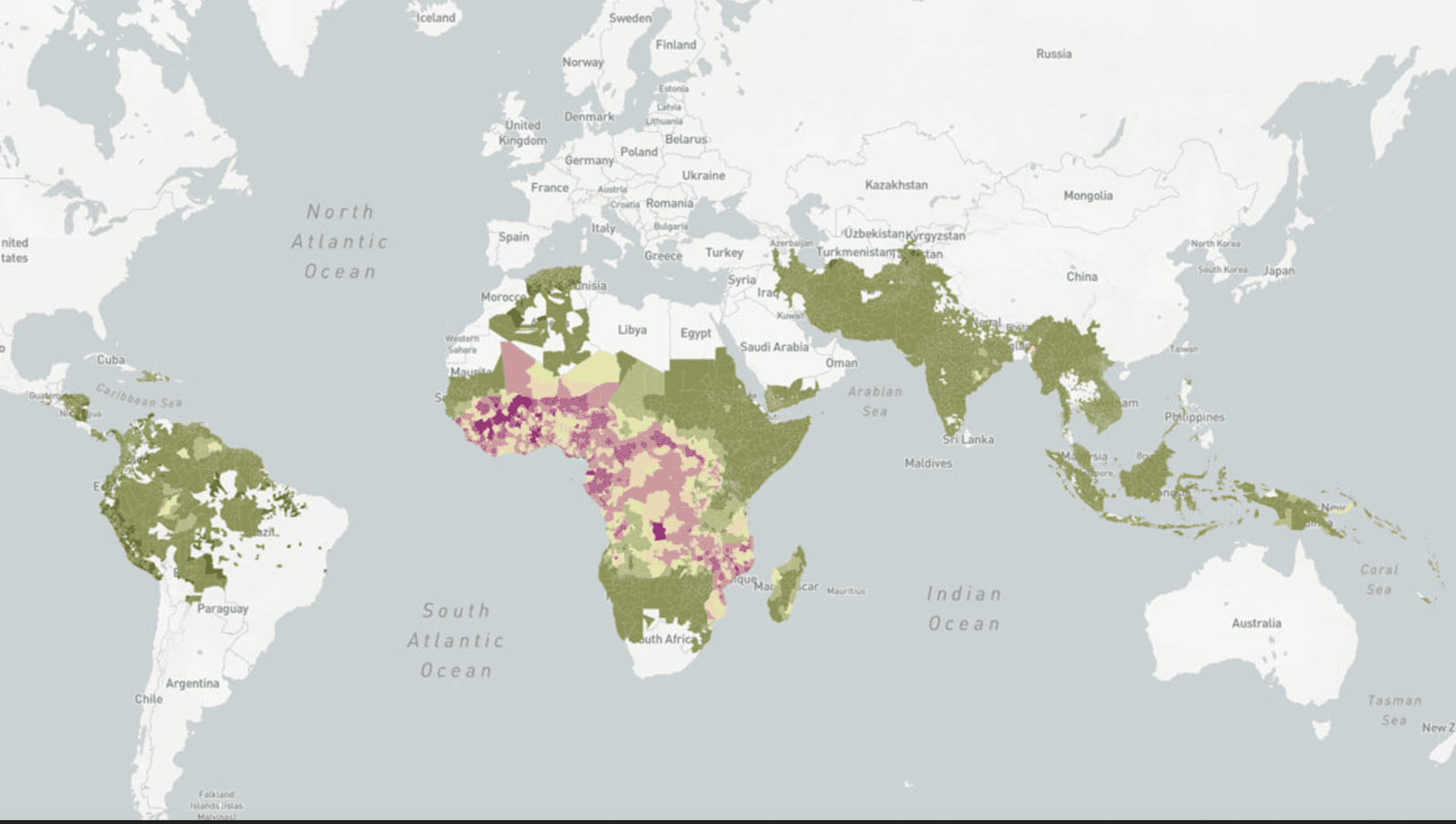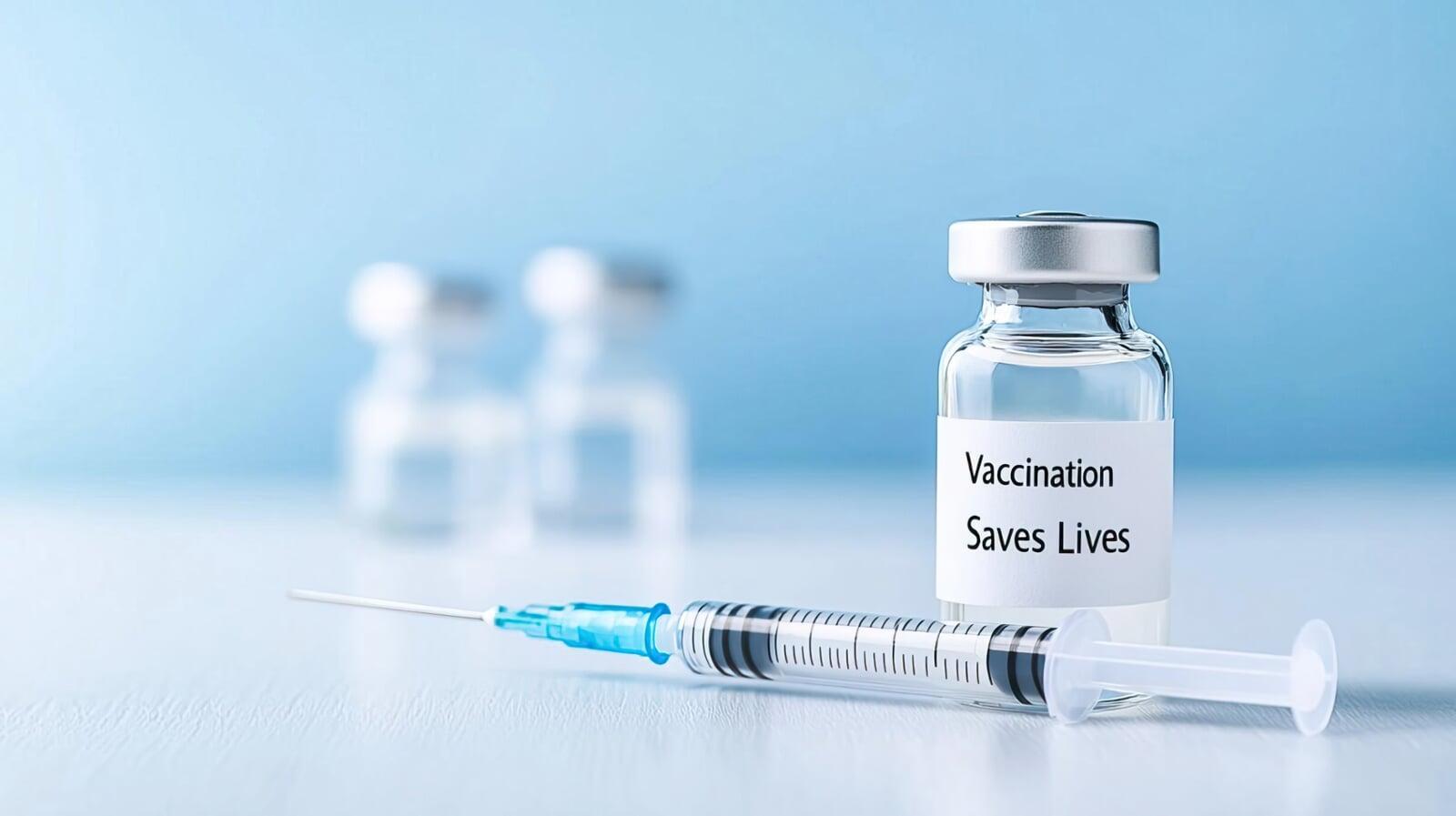
Vaccinations and Prophylactic Medications
Prescriptions generally needed for the following vaccinations and medications:
Chikungunya
Cholera (oral)
Japanese Encephalitis
Tick Borne Encephalitis (TBE)
Typhoid (oral)
Yellow Fever<br>
Malaria Prophylactic Medications
Scroll Down to learn more.
Routine Vaccines:
Make sure you are up to date with all of your routine vaccines. Most people >17 have already received at least one dose of most of these vaccinations. Please check your records.
Most Routine prescriptions do NOT need prescription orders from a Physician.
Protective Routine Vaccinations include:
COVID-19
Haemophilus influenzae type b (Hib)
Hepatitis A
Hepatitis B
Herpes Zoster (Shingles)
Human Papillomavirus (HPV)
Influenza
Measles-Mumps-Rubella (MMR)
Meningococcal
Monkeypox Pneumococcal Poliomyelitis (Polio)
Rabies
Rotavirus
Respiratory Syncytial Virus (RSV)
Tetanus/Diphtheria/Pertussis (TDap)
Varicella (Chickenpox)
To further clarify who receives which vaccinations:
Everyone:
* Influenza: annual vaccine recommended for everyone
* COVID-19: annual vaccine recommended for everyone
* Tetanus, diphtheria, pertussis: (TDap) vaccine every 10 years recommended for everyone
*Hepatitis A is now recommended as a Travel vaccine for all travel for everyone
* Meningitis (MenACWY) is now recommended as a Travel vaccine for anyone traveling to the Meningitis Belt
Childhood/infant vaccinations:
* Hepatitis A
* Hepatitis B
* Haemophilus influenzae type b (Hib)
* Measles, mumps, rubella (MMR)
* Meningitis (MenACWY)
* Pneumococcal (Prevnar/PCV series: PCV15 or PCV20)
* Poliovirus
*Rotavirus
* Tetanus/Diphtheria/Pertussis (TDap)
* Varicella (Chickenpox)
Vaccinations for teenagers:
* Human Papilloma Virus (HPV)
* Meningococcal vaccines: Meningococcal A, C, W, Y (MenACWY)
Vaccinations for those living in college dorms, military barracks or other group situations, or work in lab with meningococcal bacteria:
* Meningococcal vaccines: Meningococcal A, C, W, Y (MenACWY) and Meningococcal B (MenB)
Vaccinations for pregnant women:
* Tetanus/Diphtheria/Pertussis
(TDap; every pregnancy)
Vaccinations for those with high risk sexual practices:
* Monkeypox
Vaccinations for those who work in healthcare:
* Hepatitis B
Vaccinations for all adults aged 19 through 59 years (and >age 59 with risk factors) who have not previously received it:
* Hepatitis B
Vaccinations for those who work in veterinary medicine:
* Rabies
Vaccinations for those who have had or will have splenectomy:
* Meningococcal, Haemophilus influenzae type b (HIB) and Pneumococcal vaccines (both Prevnar/PCV 15 or PCV 20 and Pneumovax/PPSV23)
Vaccinations for age 50 years and older:
* Herpes Zoster
Vaccinations for age 50 years and older, and those with medical diagnoses that put them at risk for Pneumonia::
*Pneumococcal (Prevnar 15/PCV15 + Pneumovax/PPSV23 1 year later OR either Prevnar 20/PCV20 or Prevnar/PCV21 alone)
Vaccinations for those age 60 years or older with chronic or high risk medical conditions (chronic heart or lung disease, diabetes, kidney or liver disorders, or weakened immune systems):
* Respiratory Syncytial Virus (RSV)
Vaccinations for age 65 years and older, and those with medical diagnoses that put them at risk for Pneumonia::
* Pneumococcal vaccines (Pneumovax/PPSV23)
Vaccinations for age 75 years and older:
* Respiratory Syncytial Virus (RSV)
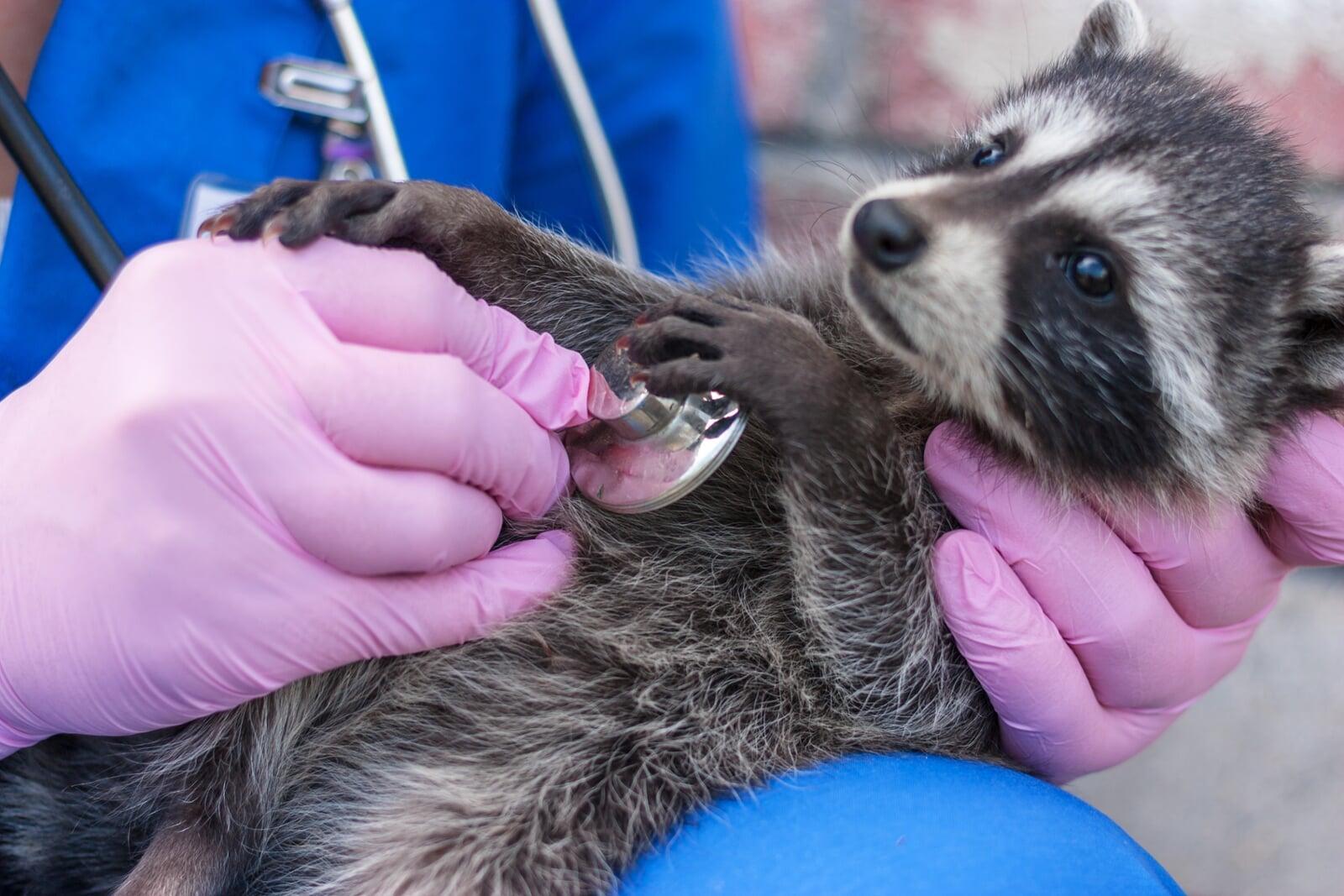
Let's Discuss Rabies Vaccines.
Two types of Rabies Vaccines exist: pre-exposure and post-exposure vaccines.
Let's Discuss Hepatitis A Vaccines.
Hepatitis A became a routine childhood vaccine in 1995. If you were born before this, you may not have had this vaccine. Hepatitis A Vaccines are now recommended for all travel, to every country.
The Hepatitis A vaccine is a 2-dose vaccine series, given 6 to 18 months apart. If you only have time for the first vaccine prior to your trip, that vaccine generally gives you protection for six months. The complete two doses gives 25 years of protection.
Hepatitis A vaccines are usually offered without a need for a prescription.
Let's Discuss Hepatitis B Vaccines.
Hepatitis B Vaccines became a routine childhood vaccine in 1991. If you were born before this and do not work in healthcare, you may not have had this vaccine.
Hepatitis B Vaccines are now recommended for all travel, to every country.
The Hepatitis B vaccine is a 2-dose, 3-dose, or 4-dose vaccine series with differing schedules. If you only have time for the first vaccine prior to your trip, that vaccine generally gives you 50% protection. Completing the full series gives you >95%, long-term protection.
Let's Discuss Poliovirus Vaccines.
Poliovirus Vaccines became a routine childhood vaccine in 1954. If you were born before this, it is recommended that you complete this series as an adult at any age.
Poliovirus Vaccine boosters for those who have already completed the vaccine series are recommended for travel to the following countries:
Afghanistan
Algeria
Angola
Benin
Botswana
Burkina Faso
Burundi
Cameroon
Central African Republic
Chad
Côte d'Ivoire
Democratic Republic of the Congo
Egypt
Ethiopia
Gambia
Guinea
Indonesia
Kenya
Liberia
Madagascar
Mali
Mauritania
Mozambique
Niger
Nigeria
Pakistan
Republic of the Congo
Senegal
Sierra Leone
Somalia
South Sudan
Sudan
Tanzania
Uganda
Yemen
Zambia
Zimbabwe
The Poliovirus vaccine is a 3-dose vaccine series, completed at 0, 1, and 6 months. Accelerated doses are available.
Let's Discuss Meningitis Vaccines.
There are 3 types of Meningitis vaccines available:
MenACWY
Protects against Meningococcal sertotypes A,C,W,Y.
The CDC recommends that all preteens (11 to 12 years old) get the MenACWY vaccine, and then a booster shot at 16 years old.
MenACWY became a routine adolescent vaccine in 2005.
MenB
Protects against Meningococcal sertotypes B.
This vaccine remains optional for most teens and is usually given at ages 16-18 years old.
It is recommended for those with asplenia, Complement deficiencies or taking complement inhibiting medications, or are at higher risk of disease during outbreaks.
MenABCWY
Protects against Meningococcal sertotypes A,B,C,W,Y. This one vaccine is an option for those who need both of the above vaccines.
MenACWY vaccine is recommended for anyone traveling to the "Meningitis Belt." This is a region in sub-Saharan Africa where meningococcal disease is highly prevalent with epidemics occuring regularly. This region includes the following countries:
Burkina Faso
Cameroon
Central African Republic
Chad
Eritrea
Ethiopia
Gambia
Ghana
Guinea
Guinea-Bissau
Kenya
Mali
Niger
Nigeria
Senegal
South Sudan
Sudan
Uganda
Meningitis vaccines are usually offered without a need for a prescription.
Travel Vaccines:
Chikungunya
Cholera (oral)
Japanese Encephalitis
Tick Borne Encephalitis (TBE)
Typhoid (oral)
Yellow Fever
Honorable mentions
(these are vaccines that are considered Routine, but boosters or new vaccines are needed because of Travel:
Hepatitis A (given to all travelers to any country, if not received before).
Poliovirus (a booster is needed for travel to countries with incidents of Poliovirus infections).
Meningitis (the MenACWY vaccine is recommended for anyone traveling to the "Meningitis Belt" in sub-Saharan Africa).

Most Travel Vaccines DO need prescription orders from a Physician.
Take the Questionnaire to Find out if you need Travel Vaccines:
<<Questionnaire>>
Let's Discuss Chikungunya Vaccines.
Chikungunya vaccines are recommended in all travelers to countries with outbreaks of Chikungunya virus, and to only certain travelers to countries with transmission/presence of Chikungunya virus, but no outbreaks. It is also recommended for laboratory workers with potential exposure to the virus.
For countries at increased risk of Chinkungunya virus, but no current documented transmission, it is recommended that travelers avoid mosquito bites, and the vaccine is not recommended.
Whether or not you receive a vaccine, it is important to prevent mosquito bites in any country with incidents of Chikungunya virus.
The list of countries with outbreaks (and so the Chikungunya vaccine is recommended to all travelers to these countries) is below:
Currently none.
For the countries that have Chikungunya virus, but do not currently have outbreaks, the Chinkungunya vaccine is recommended in the following groups:
1) Travelers aged 65 years or older (especially those with underlying medical conditions) who plan to spend at least 2 weeks (cumulative time) in indoor or outdoor areas where mosquitoes are present, and
2) People planning to stay in the country for a cumulative period of 6 months or more.
These countries are listed below:
Argentina
Barbados
Belize
Bolivia
Brazil
Burma (Myanmar)
Cambodia
China
Colombia
Congo, Republic of the
Costa Rica
Ecuador, including the Galápagos Islands
Ethiopia
Gambia, The
Guatemala
India
Indonesia
Jamaica
Kenya
Laos
Malawi
Malaysia
Maldives
Mali
Mexico
Nicaragua
Nigeria
Pakistan
Panama
Paraguay
Peru
Philippines
Réunion (France)
Saint LuciaSuriname
Taiwan
Thailand
Timor-Leste (East Timor)
Uruguay
Venezuela
Vietnam
The countries at increased risk of Chinkungunya virus, for which the Chikungunya vaccine is not recommended at this time, but in which travelers should avoid mosquito bites are the following:
Burkina Faso
Burundi
Cameroon
Cape Verde
Central African Republic
Chad
Christmas Island (Australia)
Cocos (Keeling) Islands (Australia)
Comoros
Côte d’Ivoire
Democratic Republic of the Congo
Djibouti
Equatorial Guinea
Eritrea
Eswatini (Swaziland)
Gabon
Ghana
Guinea
Guinea-Bissau
Hong Kong (China)
Lesotho
Liberia
Macau (China)
Madagascar
Mauritania
Mauritius
Mayotte (France)
Micronesia, Federated States of (Including Yap Islands, Pohnpei, Chuuk, and Kosrae)
Mozambique
Namibia
New Caledonia (France)
Niger
Palau
Rwanda
Sao Tome and Principe
Senegal
Seychelles
Sierra Leone
Singapore
Somalia
South Africa
South Sudan
Sudan
Tanzania, including Zanzibar
Togo
Trinidad and Tobago
Uganda
Yemen
Zambia
Zimbabwe
Chikungunya vaccines usually do require a prescription.
Let's Discuss Japanese Encephalitis Vaccines.
You can edit text on your website by double clicking on a text box on your website. Alternatively, when you select a text box a settings menu will appear. your website by double clicking on a text box on your website. Alternatively, when you select a text box
Japanese Encephalitis vaccines usually do require a prescription.
Let's Discuss Tick-Borne Encephalitis Vaccines.
You can edit text on your website by double clicking on a text box on your website. Alternatively, when you select a text box a settings menu will appear. your website by double clicking on a text box on your website. Alternatively, when you select a text box
Tick-Borne Encephalitis vaccines usually do require a prescription.
Let's Discuss Typhoid Vaccines.
You can edit text on your website by double clicking on a text box on your website. Alternatively, when you select a text box a settings menu will appear. your website by double clicking on a text box on your website. Alternatively, when you select a text box
Typhoid vaccines usually do require a prescription.
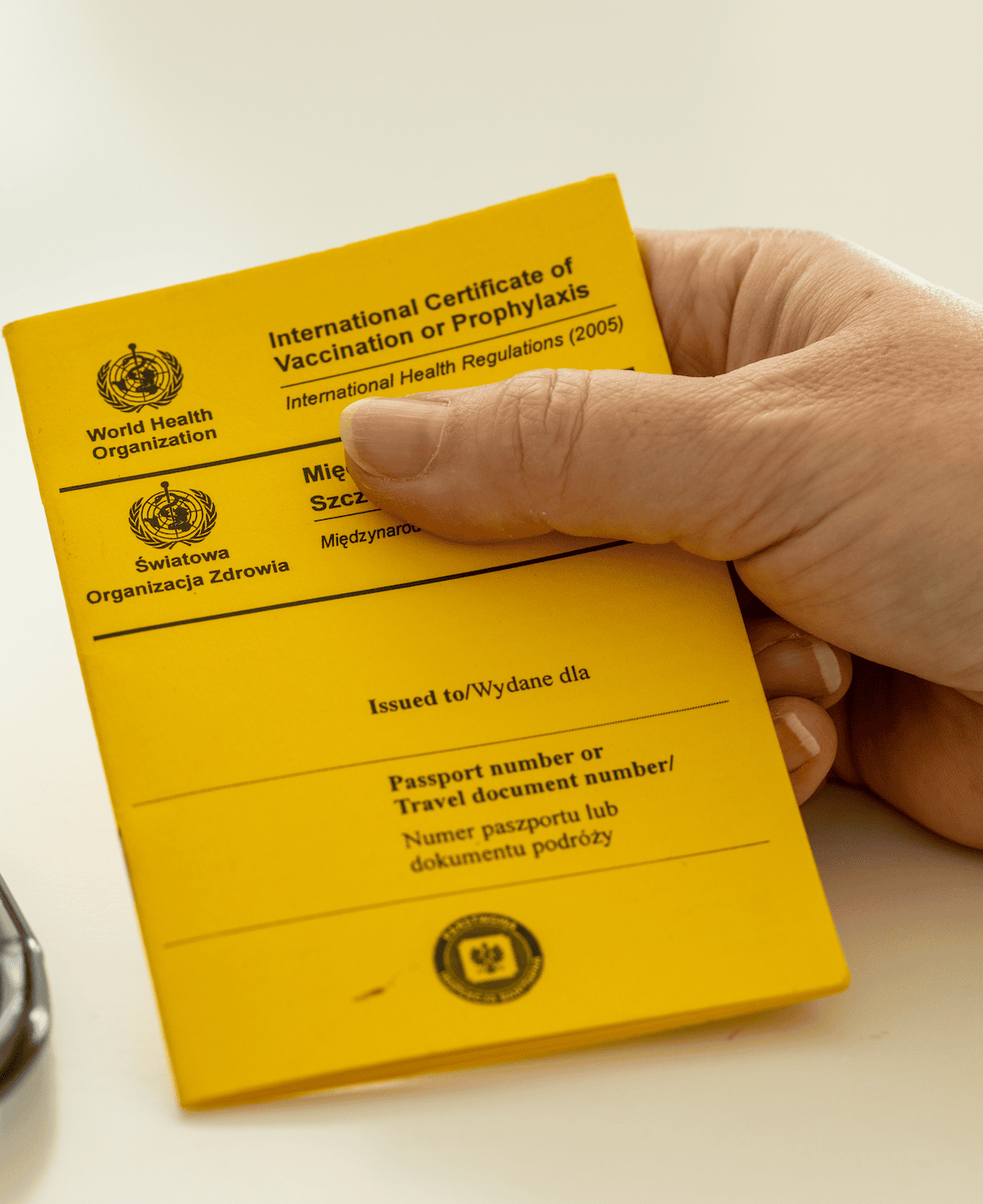
Let's Discuss Yellow Fever Vaccines.
Yellow Fever vaccines are a requirement for entry into certain countries. Yellow Fever vaccinations must be received at least 10 days prior to travel to these countries. You only need one vaccination per lifetime--as long as you can show proof of it.
These are the countries that currently require all arriving travelers to show an international Health certificate proof of Yellow Fever Vaccination:
Benin
Burkina Faso
Burundi
Cameroon
Central African Republic
Congo, Republic of the
Democratic Republic of the Congo
Ghana
Guinea
Guinea-Bissau
Sierra Leone
South Sudan
Togo
Uganda
Algeria
Antigua and Barbuda
Aruba
Australia
Bahamas
Bahrain
Bangladesh
Barbados
Belize
Bolivia
Bonaire
Botswana
Brunei
Cape Verde
Cambodia
Chad
China
Christmas Island
Cocos Islands
Colombia
Costa Rica
Cuba
Curacao
Dominica
Dominican Republic
Ecuador
Egypt
El Salvador
Eswatini
Ethiopia
Fiji
French Polynesia
Gambia
Grenada
Guadeloupe
Guatemala
Guinea
Guyana
Haiti
Honduras
India
Indonesia
Iran
Iraq
Jamaica
Jordan
Kazakhstan
Kenya
Madagascar
Malawi
Malaysia
Maldives
Malta
Martinique
Mayotte
Montserrat
Mozambique
Myanmar (Burma)
Namibia
Nepal
New Caledonia
Nicaragua
Nigeria
Niue
Norfolk Island
North Korea
Oman
Panama
Papua New Guinea
Paraguay
Pitcairn Islands
Rwanda
Saint Helena
Saint Kitts
Saint Lucia
Saint Martin
Saint Vincent
Saint-Barthelemy
Samoa
Sao Tome
Saudi Arabia
Senegal
Seychelles
Singapore
Sint Eustatius
Solomon Islands
Somalia
South Africa
Sri Lanka
Sudan
Suriname
Tanzania
Thailand
Trinidad and Tobago
Uganda
UAE
Uruguay
Venezuela
Zambia
Zimbabwe
Preventing Malaria
Mosquitos unwittingly spread Malaria, as well as other diseases, through biting humans. Those people living in endemic regions build up some resistance to Malaria, after repeated exposure, if they survive. Those people who do not live in endemic regions, including those who used to live in those regions, but left >1 year ago, are at increased risk for more severe disease when infected with Malaria.
In malaria-endemic regions, which currently includes >90 countries, it is especially important to try to prevent mosquito bites using long sleeves/long pants, bed nets, window screens and mosquito repellent containing DEET. Since mosquitos in these regions are particularly persistent and mosquito bites are inevitable, it is also important to take malaria prophylactic medication.
Malaria Prophylactic Medications are Currently Recommended in the following countries:
*means only in certain areas
Afghanistan Gabon Panama
Algeria* Gambia Papua New Guinea
Angola Georgia* Paraguay*
Argentina Ghana Peru
Azerbaijan* Greece* Philippines
Bangladesh Guatemala Russian Federation*
Belize Guine Rwanda
Benin Guinea-Bissau Sao Tome and Principe
Bhutan Guyana Saudi Arabia
Bolivia, Plurinational State Haiti Senegal
Botswana Honduras Sierra Leone
Brazil India Solomon Islands
Burkina Fasa Indonesia Somalia
Burundi Iran, Islamic Republic of South Africa
Cambodia Iraq*
Cameroon Kenya Sudan
Cape Verde Korea, Democratic People’s Republic of* South Sudan
Central African Republic Korea, Republic of* Suriname
Chad Kyrgyzstan* Swaziland
China Lao People’s Democratic Republic Syrian Arab Republic*
Colombia Liberia Tajikistan
Comoros Madagascar Thailand
Congo Malawi Timor-Leste
Congo, Democratic Republic of the Malaysia Togo
Mali Turkey*
Costa Rica Mauritania Uganda
Côte d’Ivoire Mayotte United Republic of Tanzania
Djibouti Mexico Uzbekistan*
Dominican Republic Mozambique Vanuatu
Ecuador Myanmar Venezuela, Bolivarian Republic of
Egypt Namibia Vietnam
El Salvador Nepal Yemen
Equatorial Guinea Nicaragua Zambia
Eritrea Niger Zimbabwe
Ethiopia Nigeria
French Guiana Oman
Pakistan
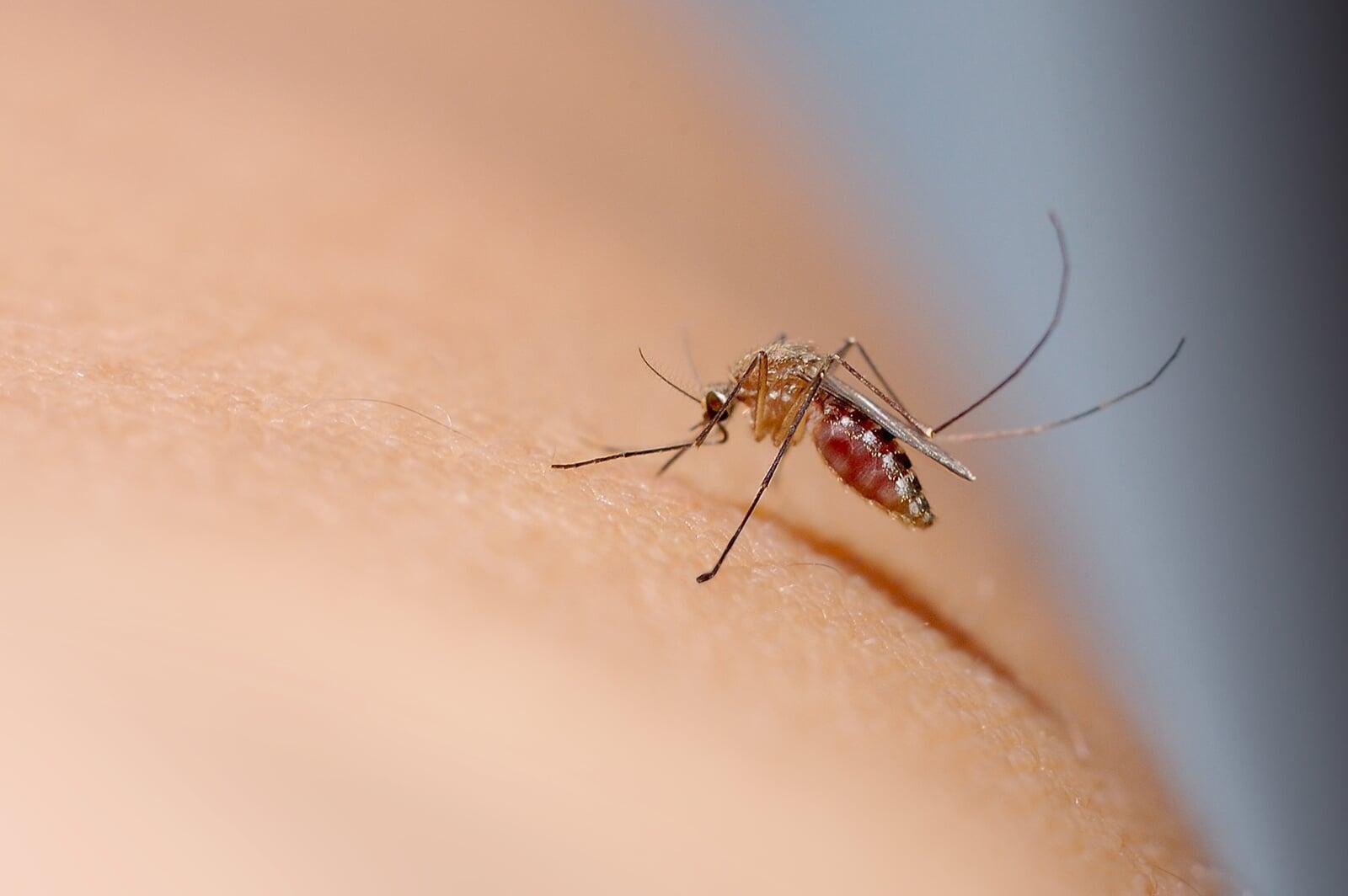
The current Malaria Prophylactic Medications available are the following:
Note: Not all Malaria Prophylactic Medication work in every country due to drug resistance. Medications are chosen based on countries visited, timeline of trip, and possible side effects.
Atovaquone/Proguanil (Malarone)
Begin 1 – 2 days before travel, daily during travel, and for 7 days after leaving.
CONS:
- Cannot be used by women who are pregnant or breastfeeding a child less than 5 kg
- Cannot be taken by people with severe renal impairment
- Tends to be more expensive than some of the other options (especially for trips of long duration)
Chloroquine
Begin 1 – 2 weeks before travel, once/week during travel, and for 4 weeks after leaving.
CONS:
- Cannot be used in areas with Chloroquine or Mefloquine resistance
- May exacerbate psoriasis
- Some people would rather not take medication for 4 weeks after travel
Doxycycline
Begin 1 – 2 days before travel, daily during travel, and for 4 weeks after leaving.
CONS:
- Cannot be used by pregnant women and children <8 years old
- For trips of short duration, some people would rather not take medication for 4 weeks after travel
- Women prone to getting vaginal yeast infections when taking antibiotics may prefer taking a different medicine
- Can increase risk of sun sensitivity
- Can cause stomach irritation
Mefloquine
Begin 1 – 2 weeks before travel, weekly during travel, and for 4 weeks after leaving.
CONS:
- Cannot be used in areas with Mefloquine resistance
- Cannot be used in patients with certain psychiatric conditions
- Cannot be used in patients with a seizure disorder
- Not recommended for persons with cardiac conduction abnormalities
- Needs to be started at least 2 weeks prior to travel
- For trips of short duration, some people would rather not take medication for 4 weeks after travel
Primaquine
Begin 1 – 2 days prior to travel, daily during travel, and for 7 days after leaving
CONS:
- Cannot be used in patients with glucose-6-phosphatase dehydrogenase (G6PD) deficiency
- Cannot be used in patients who have not been tested for G6PD deficiency (and there are costs and delays associated with getting a G6PD test done)
- Cannot be used by pregnant women
- Cannot be used by women who are breastfeeding unless the infant has also been tested for G6PD deficiency
- Can cause stomach irritation
Tafenoquine (ArakodaTM)
Begin daily for 3 days prior to travel, weekly during travel, and for 1 week after leaving.
CONS:
- Cannot be used in patients with glucose-6-phosphatase dehydrogenase (G6PD) deficiency
- Cannot be used in patients who have not been tested for G6PD deficiency (and there are costs and delays associated with getting a G6PD test done)
- Cannot be used by children
- Cannot be used by pregnant women
- Cannot be used by women who are breastfeeding unless the infant has also been tested for G6PD deficiency
- Not recommended in those with psychotic disorders
Malaria Prophylactic Medications do need prescription orders from a Physician.
Take the Questionnaire to Find out if you need Malaria Prophylactic Medication prescriptions.

